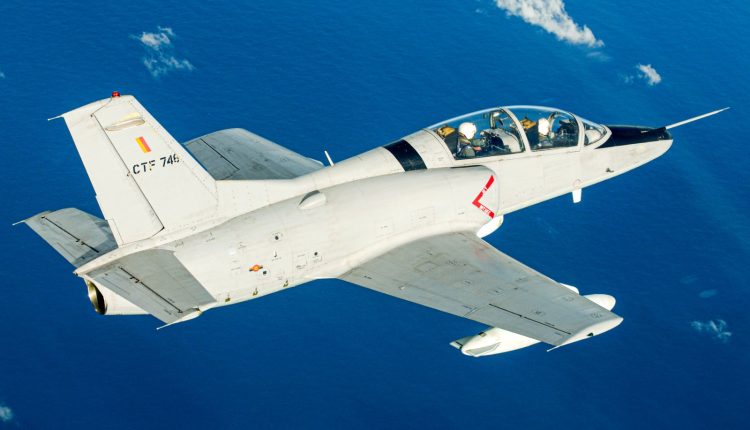On March 21, 2025, a Sri Lanka Air Force (SLAF) K-8 trainer aircraft crashed in Wariyapola during a routine training exercise. Both pilots ejected safely. As expected in military aviation incidents, an official investigation was initiated to determine the cause. However, concerns arose when Minister of Transport, Highways, Ports, and Civil Aviation, Bimal Ratnayake, prematurely attributed the crash to pilot error on March 23, before SLAF released its findings. His statement, citing an Air Force report, raises questions about the investigation’s integrity and potential political influence.

The rapid attribution of fault has led to speculation regarding vested interests. Critics suggest that Minister Ratnayake’s statement may have sought to shield the Chinese manufacturer of the K-8 from scrutiny. This raises concerns about public confidence in SLAF’s professionalism and transparency. Given the minister’s concurrent appointment as Chair of the Sri Lanka-China Parliamentary Friendship Association on the day of the crash, suspicions of a conflict of interest are heightened.
Military aviation accident investigations typically require extensive analysis, including wreckage examination, flight data assessment, and personnel interviews. The minister’s swift conclusion—before SLAF’s official findings—appears premature, suggesting either an unusually rapid investigation or an attempt to control the narrative. The absence of a formal SLAF statement affirming pilot error further fuels skepticism.
The K-8, developed by China’s Hongdu Aviation Industry Corporation, has a history of crashes linked to technical malfunctions in various countries, including Pakistan, Zimbabwe, and Sudan. The minister’s immediate exoneration of mechanical failure contradicts this record. Additionally, SLAF has experienced previous issues with other Chinese-made trainer aircraft, making the minister’s assertion questionable.
Beyond aviation safety concerns, premature statements from government officials risk undermining SLAF’s credibility and demoralizing its personnel. Investigative committees must be allowed to work without external pressures, ensuring that their findings remain objective. SLAF has consistently demonstrated its professionalism and competence in handling aviation investigations, and its officers deserve the trust and confidence to conduct inquiries without political narratives shaping the outcome.
There is nothing above national interest and national security. For SLAF to uphold its integrity and ensure public trust, the investigation must be independent and free from any undue influence. The morale of SLAF personnel should not be compromised for political expediency. A transparent and evidence-based inquiry remains essential to safeguarding the professionalism of the Sri Lankan Air Force.

